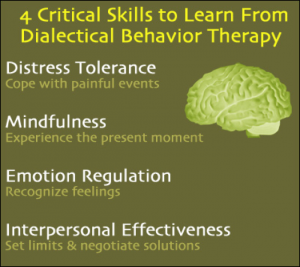By Joshua Pelletier and Allan Robinson

On July 6th 2017 during our community nursing rotation at Richmond Public Health, we had the opportunity to partake in a community partnership with Turning Point Recovery Society. Turning Point is a non-profit organization that offers supportive recovery services for men and women who are on their journey to abstaining from drug and alcohol use. Supported by UBC instructors Kathy Hydamaka and Sharon Williams we were invited to the recovery home to offer a workshop for the clients living in the home. Initially we performed a needs assessment which involved visiting the home and consulting with the site manager to identify what might be useful for the clients. The site houses up to ten men at various stages in their recovery journey. When we returned a week later for the workshop, we were greeted by a round table of eight men who were clearly skeptical of the activity in which they were expected to participate. They had no knowledge of the material that was going to be presented and were justifiably reserved. However, opening the discussion in a manner that highlighted that we were not experts put everyone on the same level, and the climate of the room quickly changed. The group immediately opened up and participants felt comfortable to share deep insights into their lives and experiences.
The clients brought various skills and approaches to dealing with substance use, as they all had been successful in maintaining an abstinence based program thus far. As nursing students, we wanted to provide a new tool that clients might find useful in navigating abstinence and mental health challenges. Our tool of choice was highlighting a section of Dialectical Behavioural Therapy (DBT) called Radical Acceptance. DBT in a community setting is often performed under the supervision of a psychiatrist or a registered clinical counsellor, and some of the clients stated they had integrated some aspects of DBT through their own recovery journey.

We put together a workbook with an introduction to DBT, two exercises on Radical Acceptance, and follow up resources for clients interested in the treatment modality. Fundamentally, the principles of emotional intelligence and emotional regulation underlie the radical acceptance exercises, and we wanted the clients to feel that they were free to explore their emotions and experiences in a safe space. Our approach in the group session centered on finding and establishing client capacity, as they are the ones who will be making the choice whether to continue with the treatment.
To ensure continuity of care, the site manager at Turning Point was available for debrief if any clients felt they needed extra support. Resources were provided to Crisis Services, Richmond Mental Health Units, Here to Help BC, and BC Mental Health and Substance Use Services.
Our rich experience at Turning point would not have been possible without the support of our community partner, UBC faculty of Nursing, and the amazing engagement and vulnerability of each of the participants.
 Follow
Follow